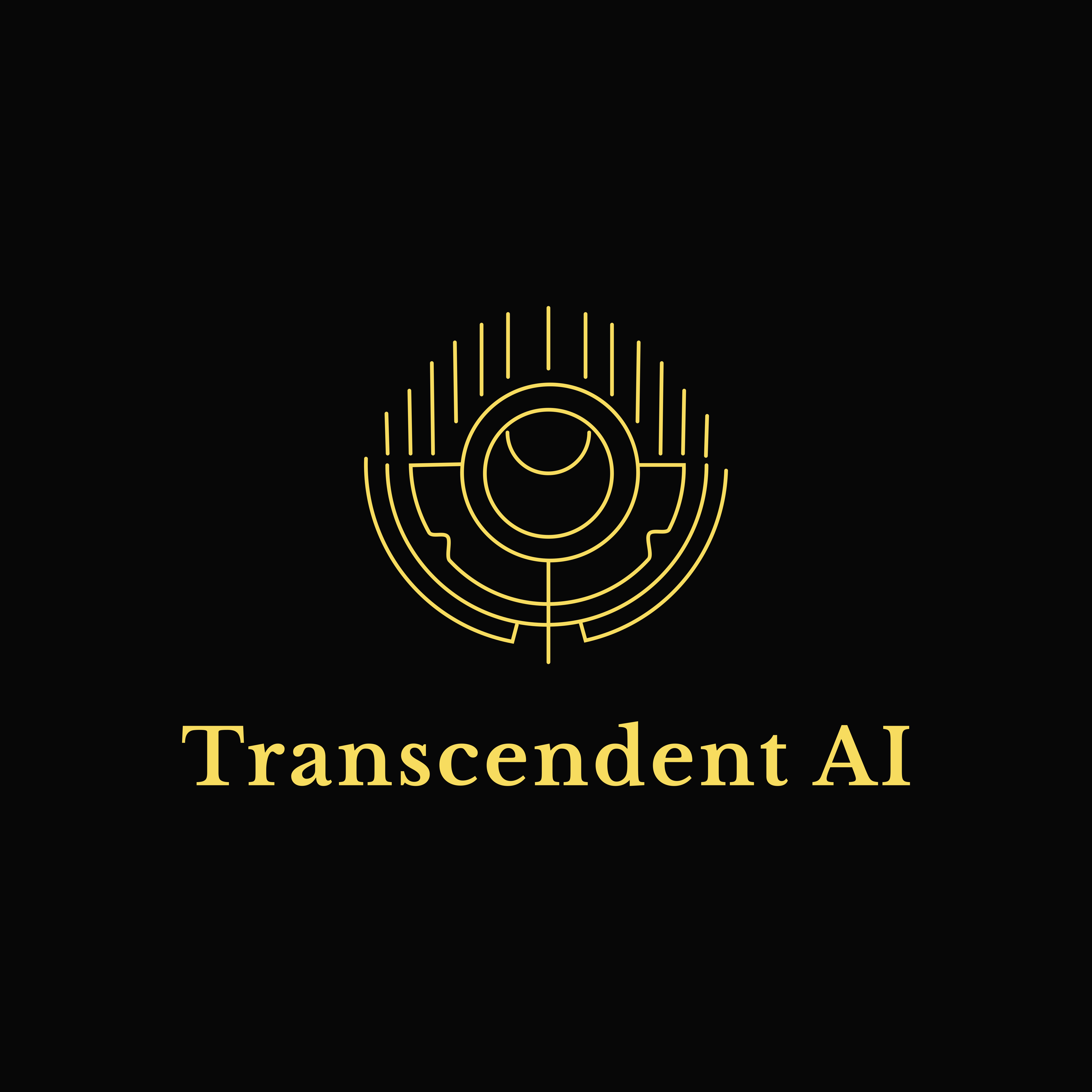Artificial Intelligence (AI) has emerged as a powerful and transformative technology with the potential to revolutionize various industries, including healthcare, finance, transportation, and more. As AI continues to advance and gain momentum, ethical considerations in its development and deployment have become increasingly crucial.
One of the primary ethical concerns surrounding AI is fairness and bias. AI systems are typically trained on vast amounts of data, but if that data contains biased or discriminatory information, the AI system may perpetuate those biases, leading to unfair outcomes. For example, AI algorithms used in the criminal justice system to predict recidivism rates have been found to be biased against certain racial and socioeconomic groups. It is essential, therefore, to ensure that AI systems are developed and trained on diverse and representative data to mitigate bias and promote fairness.
Another critical ethical consideration in AI development and deployment is transparency and explainability. AI systems have become so complex that it can often be challenging to understand how they arrive at their decisions or recommendations. This lack of transparency raises concerns about accountability, as individuals may be affected by AI decisions without a clear understanding of why or how those decisions were made. To address this, efforts are being made to develop more interpretable AI models and algorithms that can explain their reasoning, providing a greater level of transparency and ensuring accountability.
Privacy and data protection are also significant ethical concerns in AI development. The success of AI systems heavily relies on access to enormous amounts of data, often personal and sensitive in nature. Safeguarding this data and ensuring its responsible use are of utmost importance. Striking the right balance between leveraging user data for AI advancements and protecting privacy is crucial to maintaining public trust and confidence in AI technologies.
Furthermore, the potential impact of AI on employment and labor markets raises ethical questions. AI has the capacity to automate tasks that were previously performed by humans, leading to concerns about job displacement and inequality. However, AI also has the potential to create new job opportunities and augment human capabilities. Ensuring a just transition for workers affected by AI and equipping individuals with the necessary skills to adapt to an AI-driven economy are ethical imperatives in order to minimize societal disruptions.
Finally, the issue of AI governance and regulation is a pressing ethical consideration. As AI technologies continue to advance rapidly, policymakers face the challenge of keeping up with these developments to ensure the responsible and ethical deployment of AI. Establishing robust regulatory frameworks that balance innovation and societal well-being is vital to prevent potential misuse or harm caused by AI.
In conclusion, while artificial intelligence holds immense potential to transform virtually every aspect of our lives, ethical considerations in its development and deployment are of paramount importance. Fairness, transparency, privacy, employment implications, and governance are just a few of the ethical concerns that must be carefully addressed to ensure AI technologies are developed and utilized in a way that benefits society as a whole. By integrating ethics into AI development processes and fostering multidisciplinary collaborations, we can harness the power of AI for the betterment of humanity.
************
Want to get more details?
Transcendent AI
https://www.transcendent-ai.com/
Welcome to Transcendent AI, your go-to website for the latest advancements and future of Artificial Intelligence (AI). Our website primarily focuses on providing insightful content, including blog articles, news, and in-depth analysis, on the various AI technologies and their applications. At Transcendent AI, we believe that AI has the potential to transform our world and our lives in the years to come.

